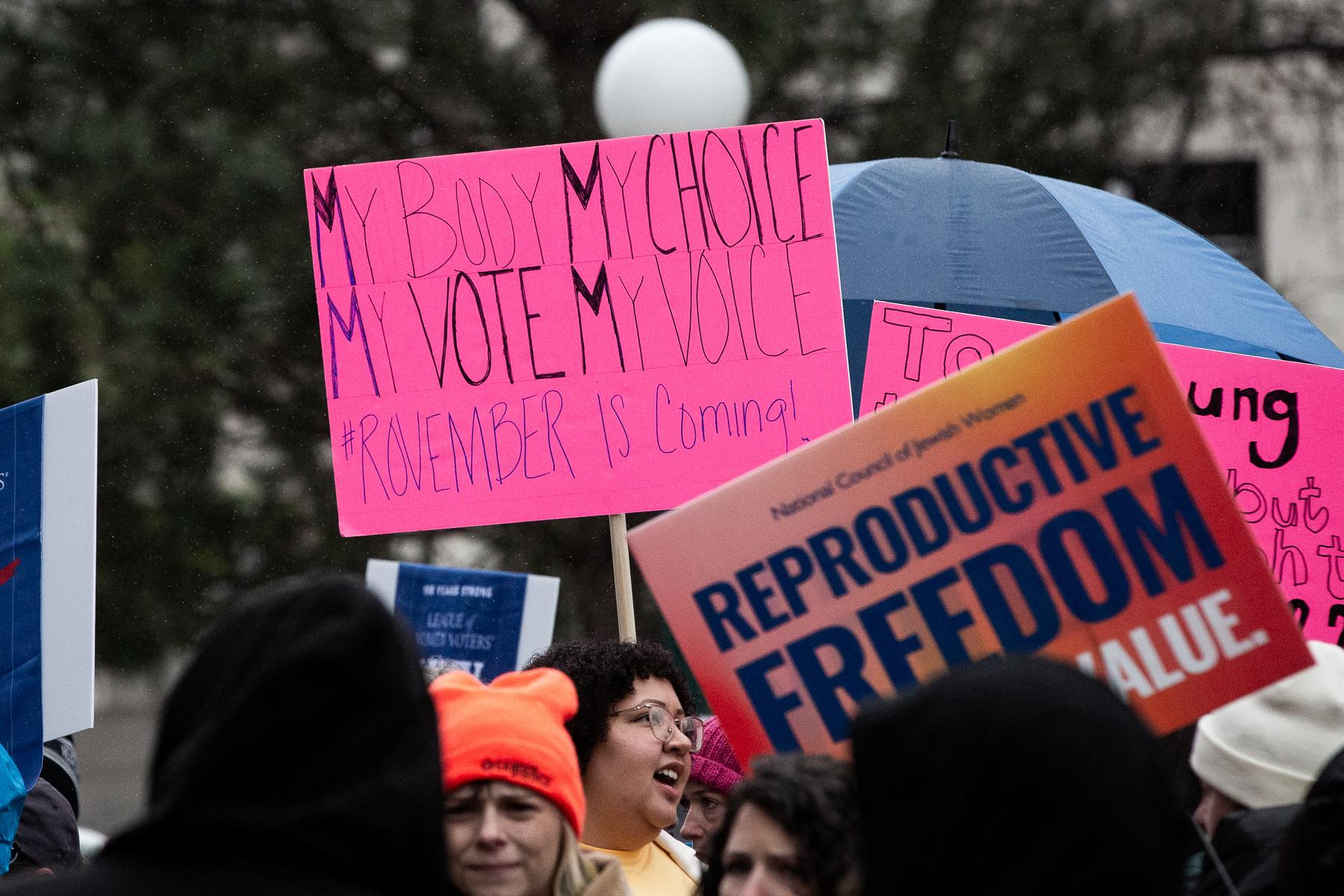One in five patients admitted to a hospital in America winds up back there within 30 days because of some complication. These “re-admissions” rack up tens of billions of dollars annually in health care costs, but a lot of them are avoidable.
Now, a big health insurance company in Colorado is paying some hospitals to do a better job at keeping patients from coming back. CPR Health Reporter Eric Whitney has more.
CPR HEALTH REPORTER ERIC WHITNEY: Three years ago Exempla Lutheran Medical Center in Denver tried out a new way of keeping patients they’d just discharged from having to come back to the hospital. Gay DelDuca is in charge of it.
GAY DELDUCA, EXEMPLA LUTHERAN MEDICAL CENTER: We did great. We far exceeded our goal, we actually reduced re-admissions by 9.3%.
REPORTER: Lutheran did it by hiring a health coach. That's a registered nurse who meets with patients once in the hospital before they go home, once when they get home, and then makes weekly phone calls to follow up. The coach helps patients keep track of their medications, and to watch out for red flags related to their condition that could land them back in the hospital if not taken care of at home.
DELDUCA: It is a proven model, so I would highly recommend other hospitals adopting it.
REPORTER: So why aren’t hospitals lining up to hire health care coaches? One reason is there’s no financial incentive for them to do so. Hospitals get paid for admitting patients, so hiring a coach who’s job is essentially to keep customers away doesn’t really make bottom line sense.
That means hospitals are caught between their mission, providing great health care, and their margin, - the amount of money they need to bring in to stay open.
STEVEN SUMMER. PRESIDENT, COLORADO HOSPITAL ASSOCIATION: You know, we have a saying that says, 'no margin, no mission.'
REPORTER: Steven Summer is head of the Colorado Hospital Association. He says hospitals are looking forward to a reformed health care system of the future, where hospitals are rewarded for avoiding unnecessary admissions, tests and procedures, but it’s not here yet.
SUMMER: As a community of hospitals, we're right between two systems. One system we're paid under that rewards us for admitting patients, for doing more, we call it a volume driven system.
REPORTER: The new system is quality-driven. Hospitals are supposed to get paid for their patients' outcomes, including whether they have to be re-admitted within a month.
But Summer says hospitals are still unsure exactly what the new system looks like, and how exactly they're going to survive financially.
SUMMER: We often say, you've got one foot on the dock and one foot on the boat and hopefully nobody's pulling them apart, they're coming together.
REPORTER: Right now, when hospitals cut the number of patients who have to come back soon after being discharged, its insurance companies and government programs like Medicare that get the most financial benefit.
So last year, the Colorado Hospital Association asked the biggest health insurance company in the state, United Health Care, to take on some of the cost of providing higher quality care.
Today, United said yes. Dr. Chris Stanley is their chief medical officer for Colorado.
DR. CHRIS STANLEY, CHIEF MEDICAL OFFICER, UNITED HEALTH CARE, DENVER: We're very proud to announce today that United Health Care is partnering with the Colorado Hospital Association to fund a grant for $1.1 million, focused specifically on reducing readmissions to the hospital within 30 days after someone has been discharged.
REPORTER: The money is going to 16 hospitals across the state, from big urban facilities like Denver Health and the Medical Center of Aurora, to some of its tiniest, like the hosptials in Yuma and Sedgewick. They'll get $40,000 each to set up or bolster systems that keep patients from coming back. If $40,000 doesn't sound like a lot of money in the health care world, it's not, but Gay DelDuca, who runs the program at Exempla Lutheran that's shaved nine percent off of their re-admission rate says it not that expensive. They basically just hired one more nurse.
DELDUCA: That would really be it, just the cost of that person's salary.
REPORTER: The million dollar grant United Health Care is giving is for a two-year pilot. The hospitals can use the money however they like, as long as it's to reduce avoidable readmissions. They have to share their results with the insurance company, and the selected hospitals will be encouraged to teach and learn from one another.
United's Dr. Stanley says it expects re-admissions to drop 10% or more at the hospitals getting the grant, but wouldn't say what that would mean for the company's bottom line.
STANLEY: It's really about community-based quality of care, that's what's driving all of this.
REPORTER: The hospital association says this is the first time that a health insurance company in Colorado has paid hospitals directly to reduce avoidable re-admissions. But the federal government is already in the game. The federal health care law passed last year offers hospitals higher Medicare payments if they keep their re-admission rate down, hospitals that don't will see a Medicare penalty in the future.
[Photo: Denver Health]









